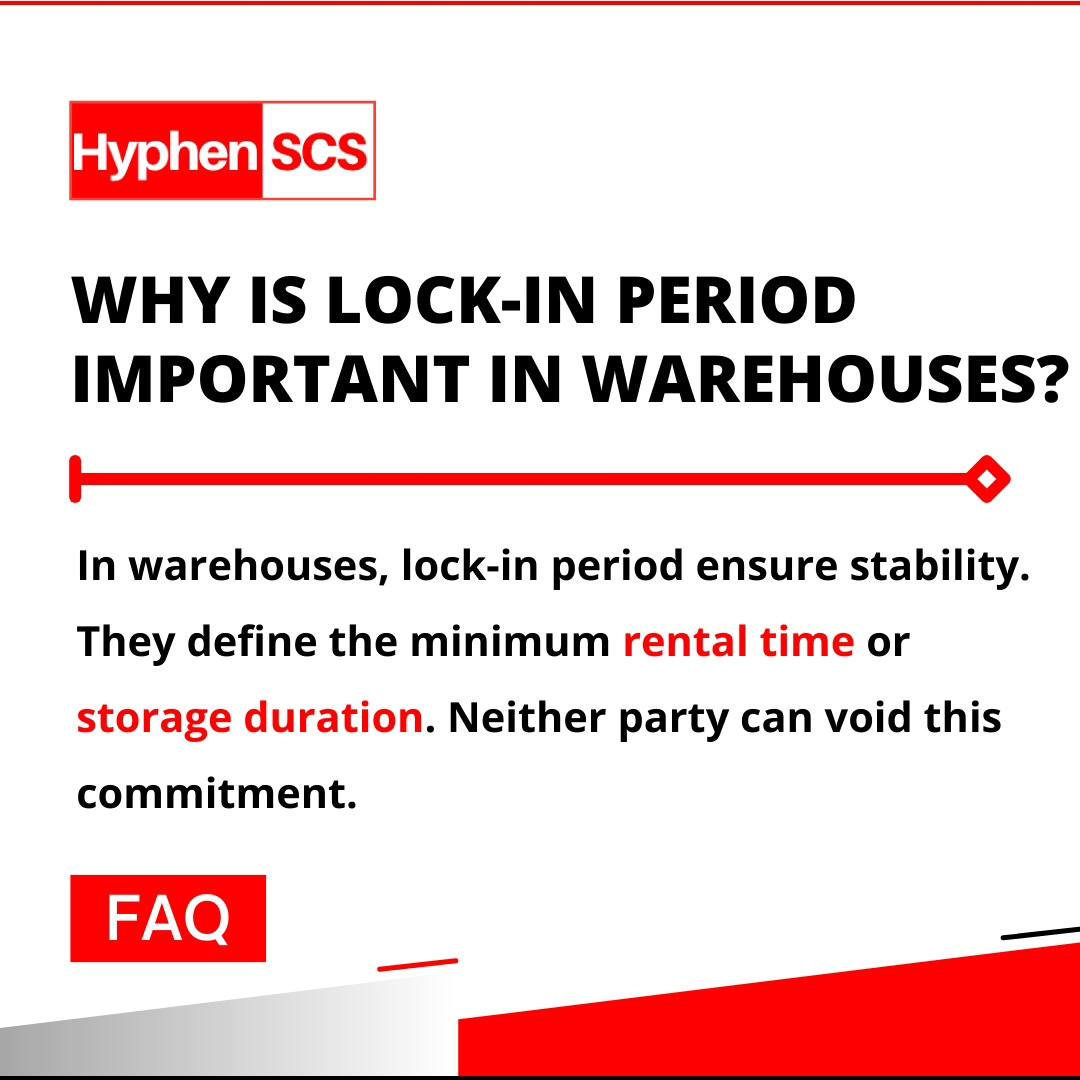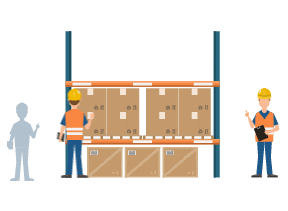
In the bustling world of warehousing, stability is key. One of the pillars that uphold this stability is the concept of lock-in periods. But what exactly are these and why are they so crucial?
Lock-in periods in warehouses are essentially contractual agreements that ensure a certain level of commitment between the warehouse provider and the client. They define the minimum rental time or storage duration that a client agrees to when they decide to use the warehouse. This means that once the agreement is in place, neither party can void this commitment until the lock-in period is over.
This arrangement is beneficial for both parties. For the warehouse provider, it guarantees a steady stream of income for a certain period, allowing for better financial planning and resource allocation. For the client, it ensures that their goods have a secure place for storage for the agreed duration, providing peace of mind and allowing them to focus on other aspects of their business.
From a business perspective, warehouse clients can plan the expansion of their operations in a warehouse for that particular lock-in period. This allows businesses to strategize and grow in a structured manner, knowing that they have a secure and stable base for their operations.
In essence, lock-in periods are a vital cog in the smooth operation of the warehousing industry, fostering a sense of trust and reliability that is crucial in today’s fast-paced business environment.
